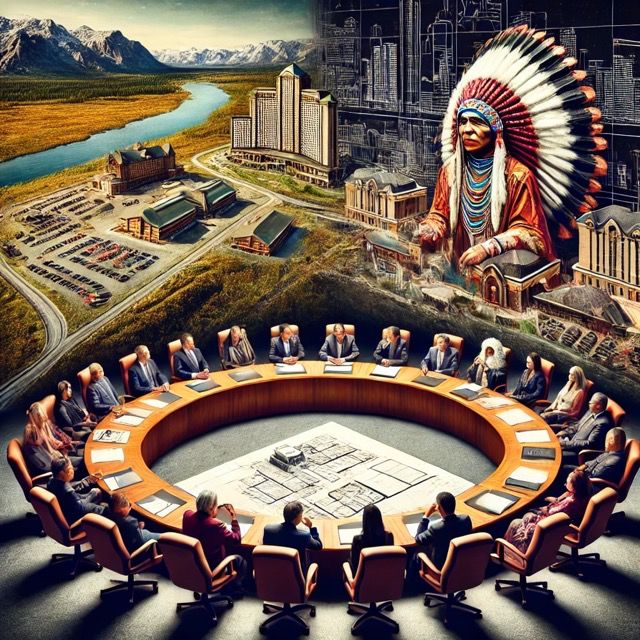
A Decade of Controversy
The Scotts Valley Band of Pomo Indians, alongside the Koi Nation and the Coquille Indian Tribe, have proposed ambitious casino projects that face strong opposition. These plans have sparked debates on tribal sovereignty, economic impact, and the fairness of gaming policies, highlighting tensions within the tribal gaming landscape.
Navigating Complex Federal Regulations
While federal law permits casinos on tribal lands acquired before 1988, exceptions exist for tribes like Scotts Valley that lack federal land. However, critics argue that selecting sites far from ancestral lands constitutes “reservation shopping,” raising environmental and legal concerns.
Impacts on Tribal Relations and Policies
These disputes have created rifts among tribes, with some believing these projects jeopardize inter-tribal unity. Urban casino proposals could also strain smaller tribes’ resources, undermining policies that ensure equitable gaming opportunities.
What Lies Ahead
The resolution of these legal battles could reshape tribal gaming policies across the U.S. The Interior Department’s decisions will play a pivotal role in balancing economic development with respect for tribal sovereignty and fairness.








